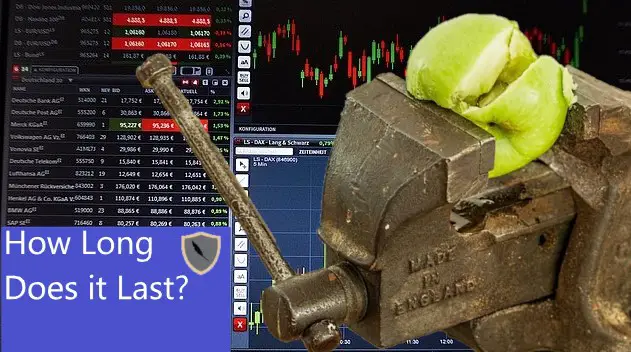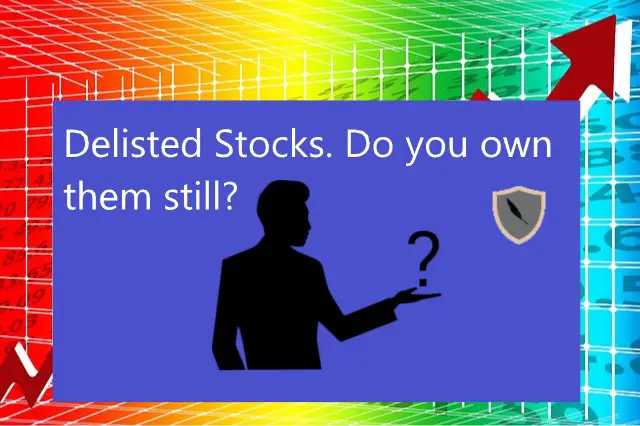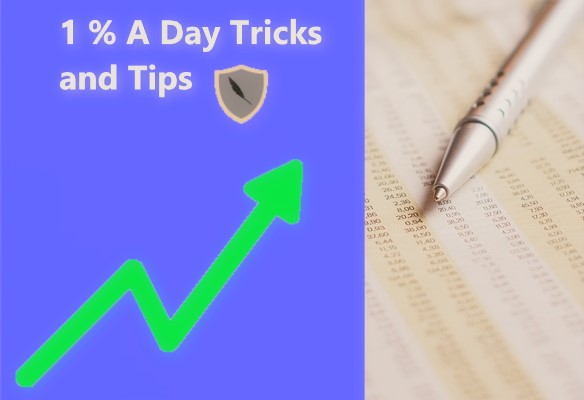Hey guys,
This post is the first in a series of posts that is aimed at helping newer people generate wealth in the market. Before we even begin to talk investments, stocks, or research methodology we need to first define what the stock market is.
Quick Simple Answer
The stock market is an open market where individuals can buy or sell percentage investments in companies, funds, and other assets. These percentage investments are called ‘shares’ because you share a percentage of the publicly traded asset. The goal of anybody who enters into the stock market is to turn around and sell their ‘share’ of an asset at a higher price then what they paid for it, thus making a profit.

Long Detailed Answer
History
To properly understand what a stock market is we first have to start in the 12th century. It was in 12th-century France that a market of middlemen developed, middlemen who handled and regulated agricultural commodities and farmer debts.
Think of this as an open air market with the sole purpose of lending money to and taking agricultural products from farmers. Each farmer would have a primitive credit score assigned to them by each broker in the square. This credit score would determine the trustworthiness and ability for the farmer to pay back the debt.

Over time this market would cause certain farmers to stand out from the rest as extremely profitable. The middlemen in France, called Brokers, would prefer to do business with the profitable farmers due to their ability to payback on debt and generate capital.
We can think of these 12th century farmers as businesses or corporations and the brokers as the investors. This type of business resulted in a symbiotic relationship developing between the farmer and broker. The Broker could guarantee capital and liquidity to the farmer while the farmer could guarantee a return on investment.
Fast forward one hundred years later to the 13th century and this symbiotic relationship matured. In the sinking city of Venice, Venetian bankers began to trade in both government securities and local businesses. Now brokers would invest in mercantile businesses who had a good credit rating. The business would get liquidity and a line of capital while the broker would get a return on investment.

Fast forward another three centuries to the 16th century and we see the birth of the first modern stock exchange the Nieuwe Brug in Amsterdam. Indeed the first modern stock sold was for the Dutch East India Company, and for a small meager price in the 16th century you could own a portion of this economic giant.
At this time the brokers became the middlemen between the investor and the business. A good broker would pool all available financial resources in their circle and invest in a good company. These ‘good’ companies would have stable revenue growth, good debt to capital ratings, and a great line of capital to borrow against. Today we still value companies based off these three major valuation metrics.

Modern Day
Today, just as it was four centuries ago in the 16th century, we invest through a broker to own a percentage ‘share’ of a company. Every investor ‘shares’ in the companies profits and as such their capital grows so long as they can pick a good company to invest in.
When you buy a share of Apple Inc ($AAPL) you own a percentage of the company in theory. If Apple Inc. has a good year and beats earnings expectations then you will see the shares value increase. As such this increase in ‘share’ value will cause the value of your investment to increase. When you resell your shares back to the market then you will make a profit.

Conclusion
The stock market is a vehicle to obtain wealth and allow investors to piggyback off the success of companies. It is a way to generate long term sustainable wealth and should be studied by anyone wishing to become financially independent.
As always if you like content like this you should share on social media, follow the site, like, comment, and subscribe to our newsletter!
-
How Long Does a Short Squeeze Last? (3 Answers)

What is the time frame for you short squeeze? Well here is everything you will ever need to know to determine how long it will last.
-
Why You Still Own a Stock After It’s Delisted and How to Sell It

Do you still own a stock after its delisted? How do you sell it? Don’t worry the stock is still worth money and here is how to sell.
-
Can You Make 1% A Day in the Stock Market? (3 Steps)

Making 1% a day in the stock market is hard but defiantly doable. Here are 3 simple steps to helping you achieve this return.
Sincerely,



Comments are closed.